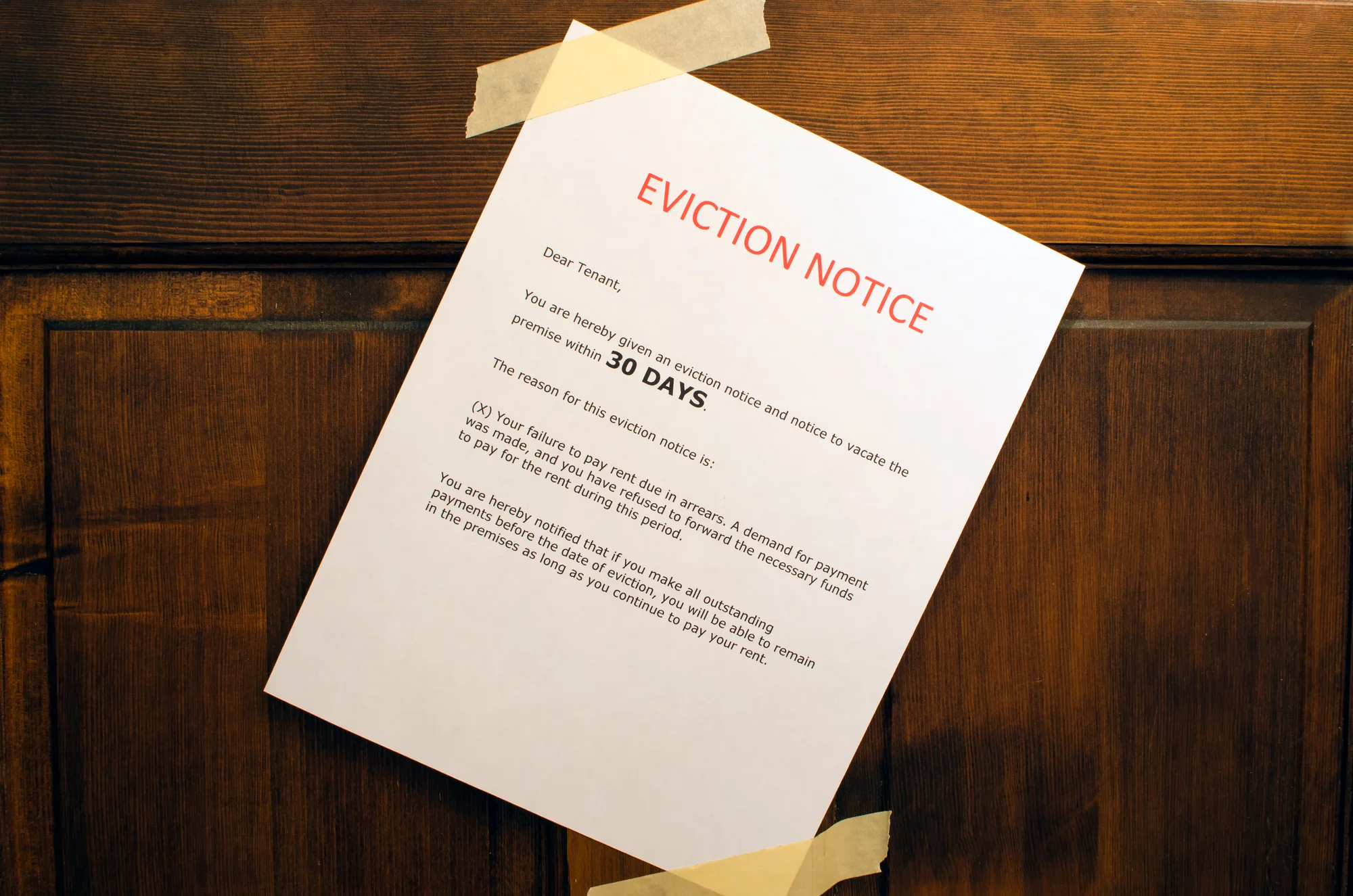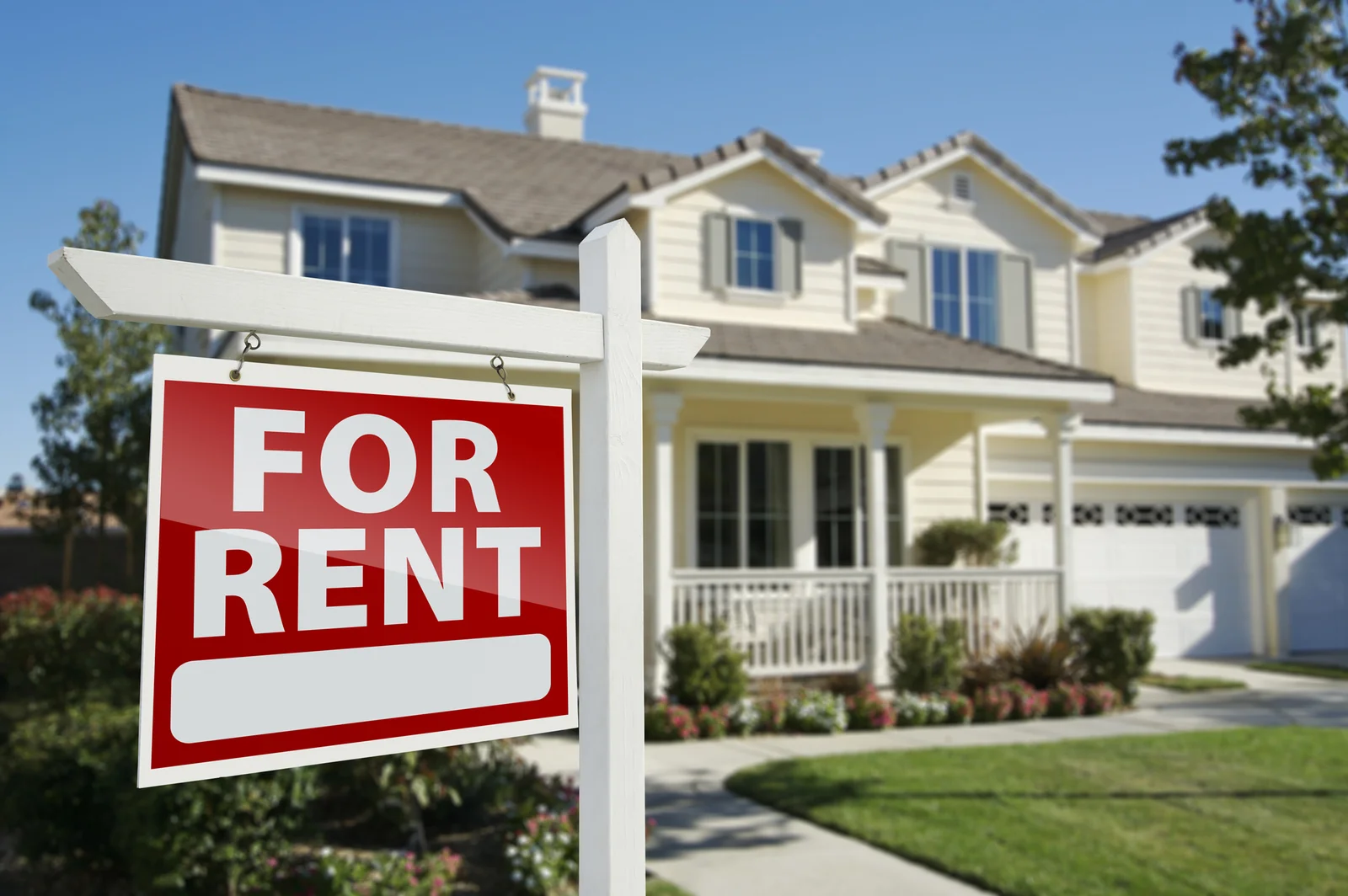I am a huge proponent of multifamily investing and the ability it offers its owners to achieve financial independence. However, there are several characteristics that allow single family residential to stand out above multifamily homes. This article will outline the negative aspects of multifamily investing and make the case that you can achieve financial independence through investing in single-family homes.
Let me list the negatives of multifamily and detail each one:
1. Smaller pool of buyers
2. Dealing with tenant turnover
3. Escalating prices
4. Higher level of education
5. More costly to enter
6. Higher maintenance costs
7. Less diversification
Smaller pool of buyers
This first characteristic can be viewed as a positive and a negative. Competition in single-family homes can led to an increase in prices and a reduction in profits. But selling a single-family home is much easier and quicker than selling a multifamily home. The pool of buyers is smaller in multifamily, and the barriers to entry may maintain the prices lower. When the market decides to slow down, the ability to attract fewer buyers will affect the prices in a negative way. With single-family homes, there will be owner occupants who will always need a place to live, and you can also turn to investors to sell.
Dealing with tenant turnover
Tenant turnover is one of the highest costs for a multifamily operator. Turnover can be minimized with excellent customer service and a superior product, but there will always be a level of turnover in apartment investing. Single-family homes do experience less turnover and usually cater to a better quality of tenant. I understand this is a generalization and oversimplification, but most people would rather enjoy the privacy and comfort of a home over living in an apartment. Living in an apartment setting can create tension among residents.
We experience a smaller turnover in our apartments due to the type of tenant we cater to. Our tenants are typically blue-collar workers who work in manufacturing and the retail sector. For the most part, many of them do not look to purchasing a home. But if the job market weakens or if home buying becomes affordable, we will undoubtedly lose more tenants.
Escalating Prices
This characteristic is prevalent in the entire real estate sector, but multifamily is currently leading the charge. We have seen the national cap rate drop to around 5.7, and money continues to rotate into the sector. What troubles me is the fact that some foreign investors are foregoing yield for capital preservation. I guess they just want to keep their money safe, which does not bode well for us value investors. Although foreign investment has slowed a bit, it continues to drive up prices.
Another troubling sign is the escalating stock market. Investors have turned to multifamily to chase returns, just as they did to single-family homes back in 2008-2011. These investors are also bidding up the prices and making it difficult for smaller operators to uncover deals.
Higher Level of Education
The prevailing thought is that multifamily investing is more complex than single-family homes. There may be some truth to that, but any successful single-family home investor has spent countless hours educating themselves on their craft. I think people can relate to buying a home, and there is a certain level of comfort. Once you mention apartment complex, the limiting beliefs begin to fly.
Multifamily investing warrants an investor to become an expert in the space, and material is far less than in single-family homes. Some of the concepts can be regarded as high level, but anyone has the ability to learn the tools. Nobody was born an expert in multifamily.
More Costly to Enter
The amount of capital needed to invest in multifamily investing varies, but no one can argue that you need more capital than you do to buy a single-family home. The financing is also more expensive, along with capital repairs. Fortunately, once an investor becomes savvy, who is to say that he needs any of his own capital to invest? An investor can employ owner financing, raise private money, or even seek out multiple partners to buy a property. But for new investors who do not have these skills in their toolbox, having to raise money for the down payment is a huge impediment to entering the niche.
Higher Maintenance Costs
In certain instances, tenants are required to maintain their single-family homes by performing maintenance. In multifamily, the operator is required to cut the grass, clean the breezeways, fix the laundry machines, clean the pool, etc. These operating expenses can add up and are necessary to stave off tenant turnover. The tenants in single family residential usually maintain the yard and pay their own utilities.
Less Diversification
When you purchase a 30-unit complex, all 30 units are located in one area. We view this as a positive, but there can be negative consequences. What happens if the path of progress decides to take a turn, and your neighborhood becomes less desirable? You are pretty much stuck with a bad situation. On the other hand, if your portfolio was diversified and you only owned a couple of homes in the neighborhood, you have just averted a catastrophe.
Find out more about multifamily units in our local Greenville area that maybe available.












